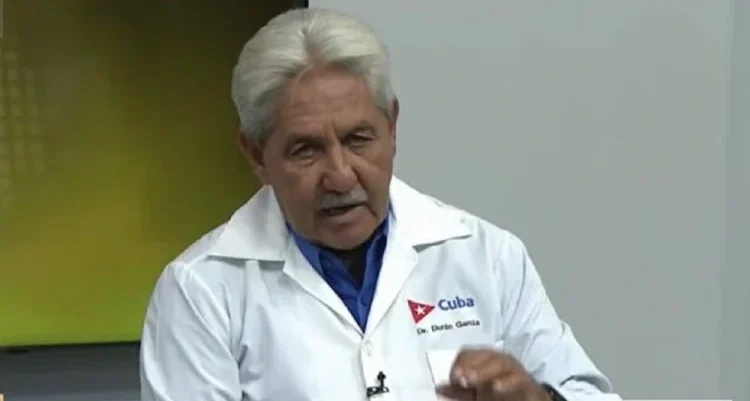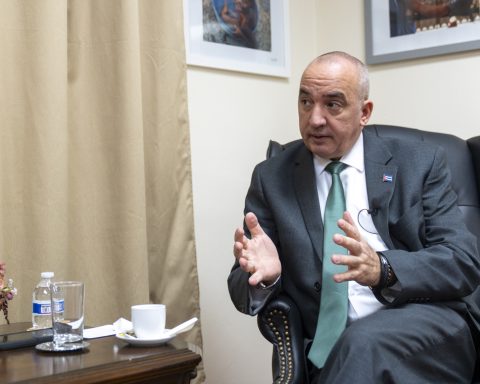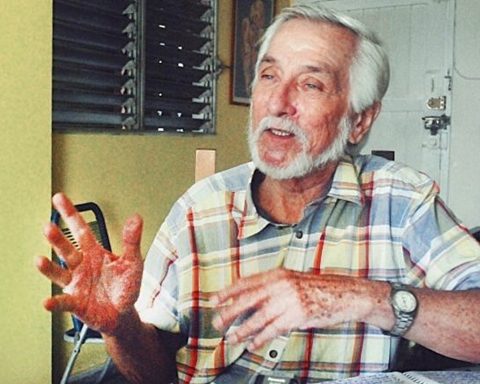MADRID, Spain.- The Cuban Ministry of Public Health (MINSAP) reported a worrying increase in suspected cases of dengue during the last week. According to the national director of Hygiene and Epidemiology, Francisco Durán, quoted by the Ministry of Public Health (MINSAP), the number of cases of dengue in Cuba has increased by 1.5% over the past week. official press, The most affected provinces are Havana, Matanzas, Camagüey, Holguín, Santiago de Cuba and Guantánamo. Currently, transmission of the virus is recorded in 12 localities, 41 municipalities and 46 health areas.
Durán stressed that, although most of the suspected cases remain under home admission, some patients have been hospitalized and serious cases have been treated. According to Cuban authorities, despite the gravity of the situationso far there have been no deaths associated with this disease. However, these statements differ from testimonies of the Cuban population.
This week, after reporting a high number of confirmed dengue infections, health authorities in Santiago de Cuba declared the municipality of Songo la Maya to be in a state of “transmission” of the disease.
“Songo La Maya is facing a rather complex situation due to the circulation of arboviruses caused by mosquitoes, mainly Aedes aegypti. In the last three weeks, the reactivity of clinical tests to detect dengue has increased, and the municipality is currently in transmission,” says a report from the official journal Sierra Maestra.
On the other hand, a notable increase in suspected cases of Oropouche fever has also been observed. During the last week, this disease has been diagnosed in 15 provinces, 103 municipalities and 184 health areas, a significant increase compared to the previous week, when cases were recorded in 99 municipalities and 174 health areas. Although Durán did not mention exact figures on this occasion, In August, 506 cases had been reported since the first patient was confirmed in May.
Patients who contract the Oropouche virus experience constant relapses and their evolution is unpredictable, something unusual in other viruses. Although the government has not officially recognized deaths from Oropouche, both Dr. Serrano and the president of the Cuban Medical Association, Miguel Angel Ruano, indicate that there have been deaths due to complications arising from the virus.
“This virus does not cause death directly, but it can do so indirectly. In Cuba, for example, there are many patients subjected to extreme conditions in terms of food and lack of medicines. The situation in general in the country is very deteriorated,” explained Ruano. In cases where patients have weakened immune systems and poor nutrition, the virus can be lethal, since “the symptoms are very varied” and treatments are scarce.
Despite the fact that MINSAP provides weekly reports to update on the epidemiological situation, many Cubans prefer not to go to health centers unless they are facing serious complications. The severe shortage of medicines and poor hospital conditions have led people with symptoms of dengue or Oropouche fever to opt for treatment at home, thus avoiding contact with health authorities.
















